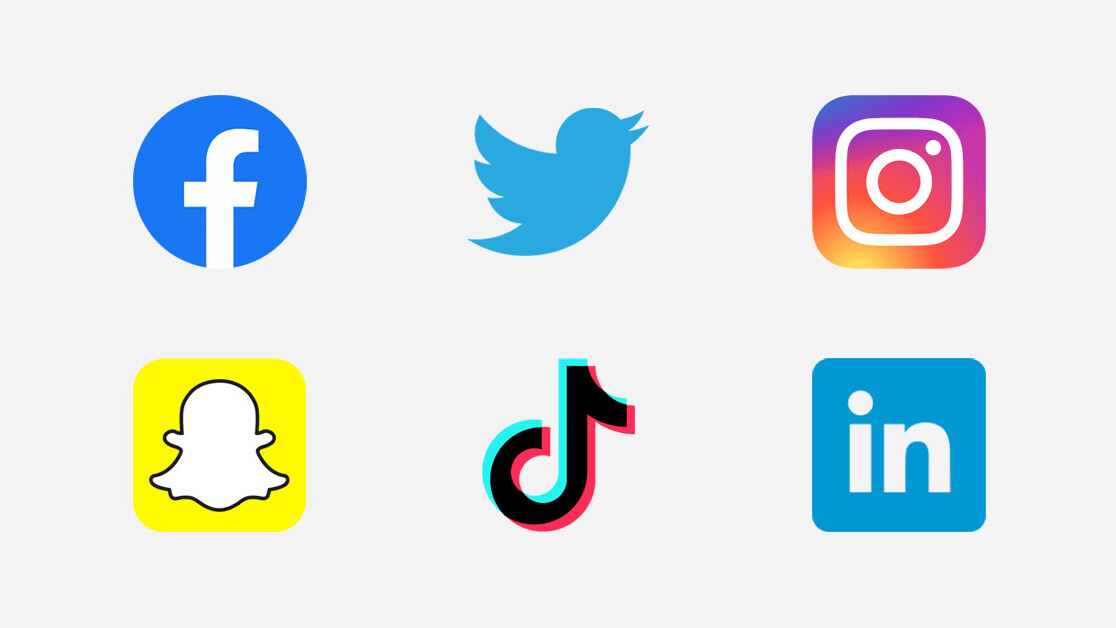
As the coronavirus pandemic sweeps the world, more and more governments are imposing lockdowns on their citizens. As a result, reliance on digital tools has increased significantly to maintain social and professional relationships. Notably, usage of video conferencing app Zoom has spiked, and not just for professional purposes.
But what about the social media tools we were already using to connect with people on a daily basis? How has their popularity changed so far in these trying times? To give somewhat of an answer to that, we can look at how their search interest changed in the last month or so. This doesn’t necessarily mean the networks grew their user base or intensity of usage as much, but it does give a glimpse into how attention for them has changed.
[Read: Robinhood traders are loading up on these stocks while markets are plunging]
Clearly winning
TikTok was already finding itself in an upward trajectory — the coronavirus crisis has accelerated that process significantly. If we continue the set growth trajectory, the short-form video sharing app now resides 47% above that.

TikTok competitor Snapchat is seeing the second highest relative growth in interest, 18.5% to be precise. Its fairly flat search attention line has seen a 18.5% uptick in March.
Concluding, social media networks focused on the younger portion of our society are seeing the most significant, relative growth in attention. Without the constant oversight of their teachers during the day — as many of them are being homeschooled for the moment — this might not come as a surprise.
Mildly profiting
Twitter, Facebook, and Instagram — predominantly used by adults — are seeing mild upticks of around 15% in search interest lately.
Pinterest is only seeing a slight 5% increase in search interest. With its focus on non-essential product inspiration, that might not come as a surprise either.
Losing
The only large social network that’s experiencing a significant downturn in search attention is LinkedIn, which has seen a 23% drop to be precise. The obvious explanation might be that a large part of the global economy has come to a standstill, and thus public communication on work-related achievements (read: boasting your success) has also declined.
Get the TNW newsletter
Get the most important tech news in your inbox each week.




